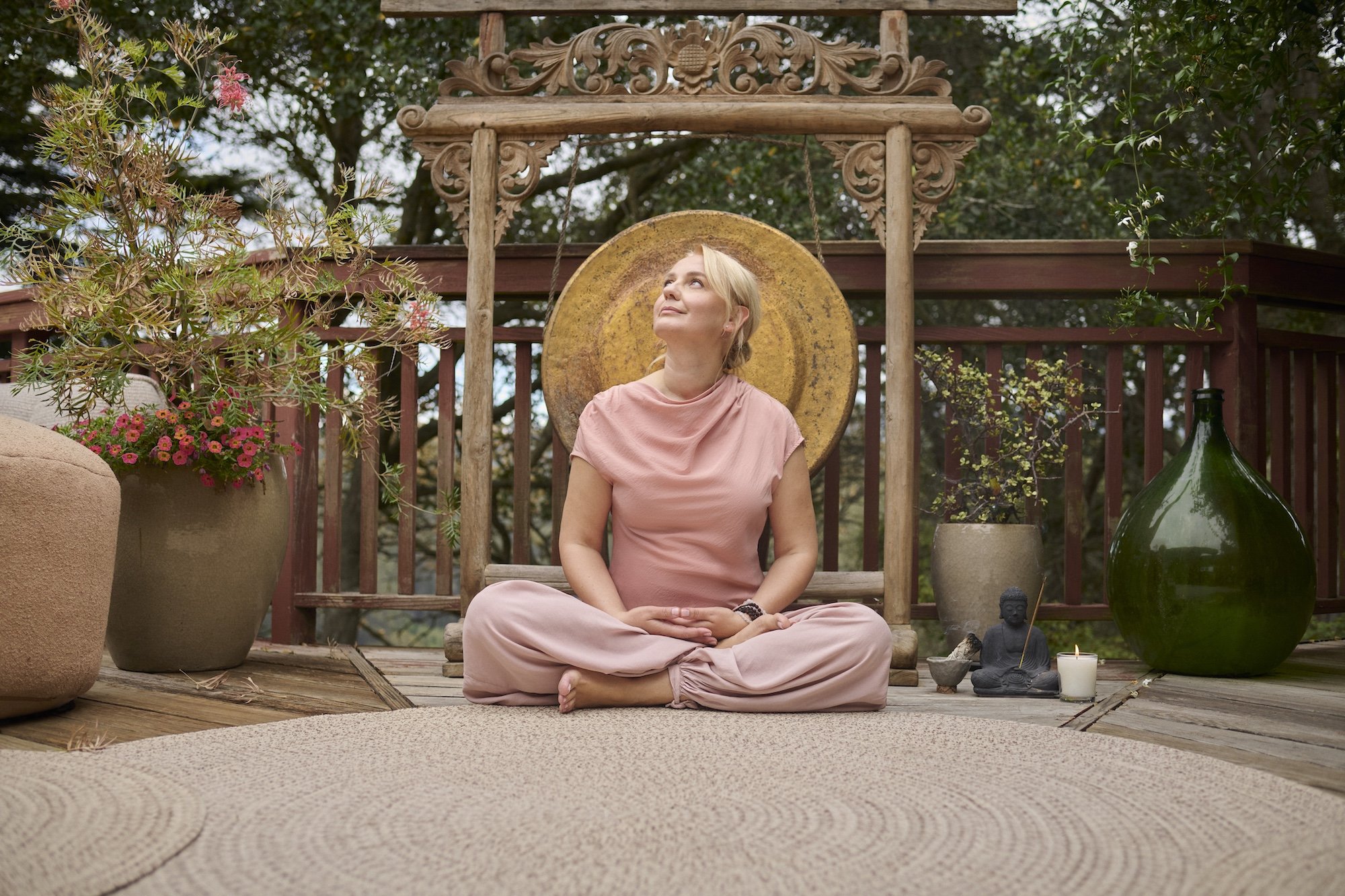Four ways men can combat seasonal depression
Once the clocks change and the days get even shorter, it’s easy to lose your spark. The colder months can leave you feeling drained, restless, and oddly disconnected from yourself.
You might tell yourself to tough it out – but ignoring the signs of seasonal depression only makes winter feel longer and heavier than it needs to be. Here are four ways to help change that.
Light therapy and sunlight exposure
Light has a powerful effect on your mood and energy, and even on things like sleep. During the darker months, shorter days mean your body produces more melatonin, making you feel sluggish.
Using a light therapy lamp for about half an hour each morning can help reset your body clock and suppress melatonin production. In turn, this can boost serotonin levels – the brain chemical linked to feeling motivated and alert. Place the lamp on your desk while you read emails or eat breakfast so it becomes part of your morning routine.
If you can, step outside before midday, too. Even a quick walk in natural light helps to regulate your body clock. Even if it’s not sunny, just daylight will do.
Physical activity
Exercise isn’t a miracle cure, but it’s one of the most reliable ways to lift your mood when the weather turns grim. Moving your body releases endorphins, chemicals that directly counter low energy and anxiety.
If the gym feels too repetitive, try something that combines movement with time outdoors. Golf, for example, forces you to walk, focus and breathe fresh air – all while offering quiet moments of calm. Investing in proper golf clothing and equipment can make cold-weather play more comfortable and keep you active through the season.
The key is consistency. Even brisk walks three or four times a week, or a few shorter gym sessions, can improve your sleep and sense of balance.
Lifestyle changes
Seasonal depression often creeps in when structure disappears. Keeping a steady routine gives your mind stability when daylight can’t.
Wake and sleep at the same times each day, even on weekends. Try eating hot, nutrient-dense meals instead of skipping breakfast or relying on takeaways. Oats, root vegetables, oily fish and leafy greens help sustain energy and support brain function.
Caffeine and alcohol can blur the edges of your day, so set limits rather than cutting them entirely. A balanced body supports a balanced mood, and that’s the foundation you need when your energy dips.
Social connection
Isolation can intensify seasonal depression faster than almost anything else. The temptation to retreat indoors is strong, but connection acts as a pressure valve for stress.
Meet a friend for a coffee, message your old five-a-side group or join a local club that gets you out of the house. Regular contact – especially face-to-face – can offer some much-needed support when you need it.
You don’t have to talk about feelings every time you see someone. Shared moments - a laugh, a game, a chat – are often enough to remind you you’re not on your own, even when the nights close in.




